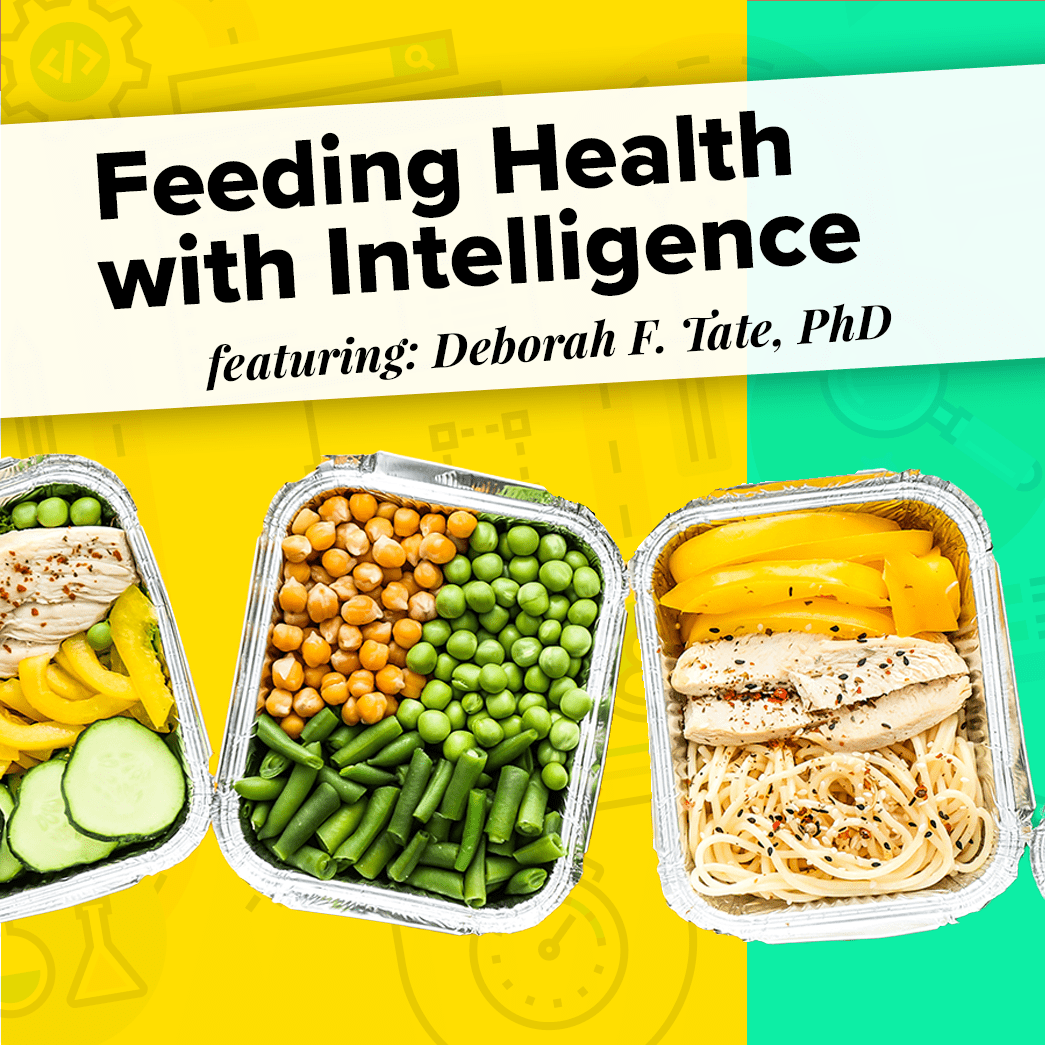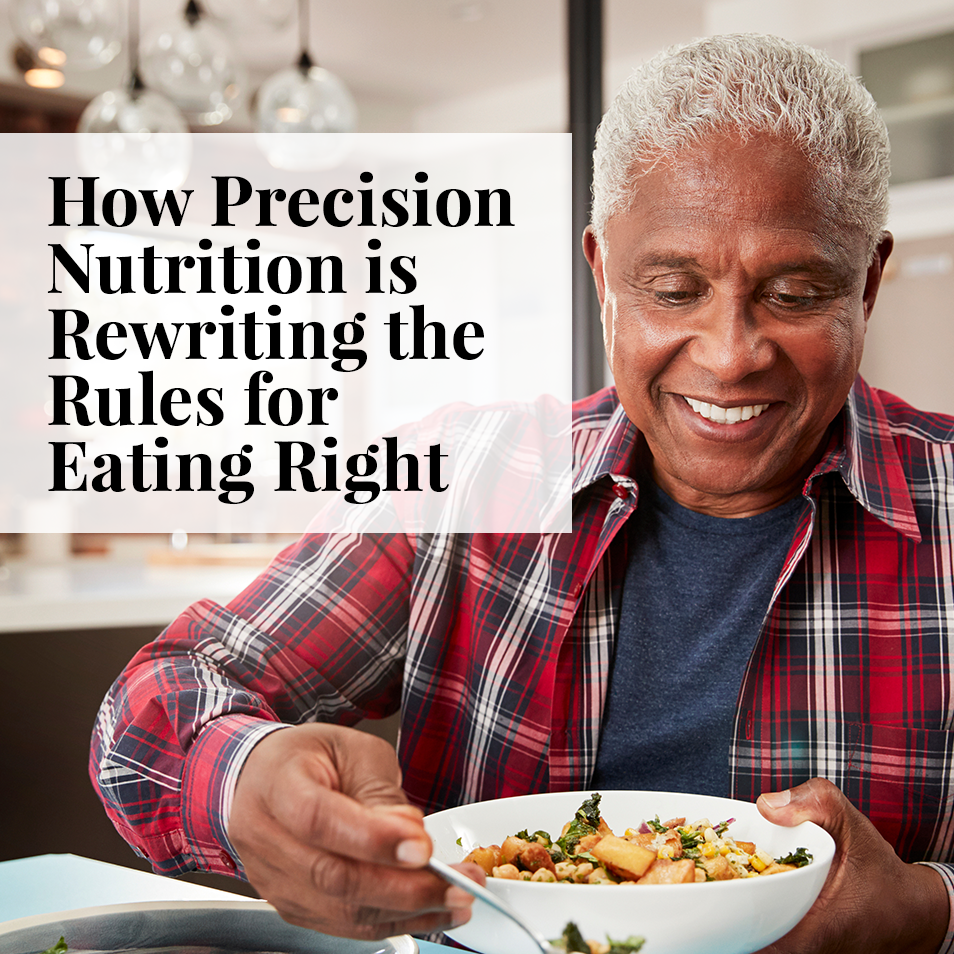Genes and Nutrition
Each of us is metabolically unique. Gene variations known as SNPs (single nucleotide polymorphisms) often are a factor in an individual’s ability to metabolize or use nutrients efficiently. Each of our specific nutrient needs is affected by which specific combination of SNPs we have, but with thousands known to impact nutrition metabolism, how do we know what those needs are?
NRI researchers are working to create a “catalog” of SNPs that alter our nutritional needs by understanding how genetic and other complex biological information can be used to better estimate individual nutrition requirements and intolerances. Our scientists use bioinformatics to extract such information from population and intervention studies, develop rules for predicting individual needs, and bring precision nutrition to health care providers and consumers with digital tools.
Publications
Genes and Nutrition Publications
2020
Genetic variants affecting bone mineral density and bone mineral content at multiple skeletal sites in Hispanic children. Voruganti VS
Precision (Personalized) Nutrition: Understanding Metabolic Heterogeneity. Zeisel S
2019
DNA methylation in mice is influenced by genetics as well as sex and life experience. French J
Cytosolic 10-formyltetrahydrofolate dehydrogenase regulates glycine metabolism in mouse liver. Krupenko S
Deleterious mutations in ALDH1L2 suggest a novel cause for neuro-ichthyotic syndrome. Krupenko S
Fine mapping and identification of serum urate loci in American Indians: The Strong Heart Family Study. Voruganti VS
Heterogeneity in Metabolic Responses to Dietary Fructose. Voruganti VS
Genetic analysis of hsCRP in American Indians: The Strong Heart Family Study. Voruganti VS
A trans-ancestral meta-analysis of genome-wide association studies reveals loci associated with childhood obesity. Voruganti VS
Healthy dietary patterns and risk and survival of breast cancer: a meta-analysis of cohort studies. Voruganti VS
Omega-3 Fatty Acids and Genome-Wide Interaction Analyses Reveal DPP10-Pulmonary Function Association. Voruganti VS
2018
C16-ceramide is a natural regulatory ligand of p53 in cellular stress response. Krupenko N
Nutritional Genomics of Cardiovascular Disease. Voruganti VS
Genetic determinants of BMI from early childhood to adolescence: the Santiago Longitudinal Study. Voruganti VS
Serum Lipid Concentrations and FADS Genetic Variants in Young Mexican College Students: The UP-AMIGOS Cohort Study. Voruganti VS
Arsenic-gene interactions and beta-cell function in the Strong Heart Family Study. Voruganti VS
Dietary Modulation of the Epigenome. Zeisel S
2017
Exome sequencing reveals novel genetic loci influencing obesity-related traits in Hispanic children. Voruganti VS
Genetic variation underlying renal uric acid excretion in Hispanic children: the Viva La Familia Study. Voruganti VS
Reduced brain volume and impaired memory in betaine homocysteine S-methyltransferase knockout mice. Zeisel S
Choline, Other Methyl-Donors and Epigenetics. Zeisel S
2016
CerS6 Is a Novel Transcriptional Target of p53 Protein Activated by Non-genotoxic Stress. Krupenko N
Genotype, B-vitamin status, and androgens affect spaceflight-induced ophthalmic changes. Zeisel S
Related News
The Vitamin That Helps—and Hurts—Cancer
Madeline Childress, a doctoral student at the UNC Nutrition Research Institute in the Natalia Krupenko Lab, is tackling one of the biggest challenges in cancer treatment: how to kill cancer cells without harming healthy ones. “Cancer, believe it or not, is actually...
Feeding Health with Intelligence featuring Deborah F. Tate, PhD
A new article written by Megan Mendenhall for UNC Research Stories explores how artificial intelligence (AI) is transforming science—and how Carolina researchers are using it to improve human health. UNC Research Stories is a digital storytelling series from UNC...
No More One-Size-Fits-All Diets: How Precision Nutrition Could Rewrite the Rules of Eating Right
Bryan Munoz, PhD, has a message for anyone who’s ever been tempted by the latest diet craze: be skeptical. “Let’s be honest, we’ve all heard it,” said Munoz, a research assistant in the Tate Lab at the UNC Nutrition Research Institute. “Eat like a caveman! Go...
Easy Ways to Drink More Water
This article originally appeared on UNC Health Talk, July 2018. You might be tired of people telling you — or even telling yourself — that you have to drink more water. In recent years, staying hydrated has become all the rage, complete with special goal water...
Research Nurse – CRC
The position is located in Kannapolis, NC, approximately 2 hours from UNC’s main campus. Position Summary Working under the general supervision of the Clinical Research Core Manager, the Registered Nurse will manage repeated blood collection via IV catheter for timed...
Postdoctoral Scholar – Sumner Lab
This position is co-located in Chapel Hill and in Kannapolis, NC, (appx. 2 hours from UNC’s main campus). Position Summary The Postdoctoral Scholar will work in the Sumner Lab in the Department of Nutrition at the University of North Carolina at Chapel Hill (UNC), and...





